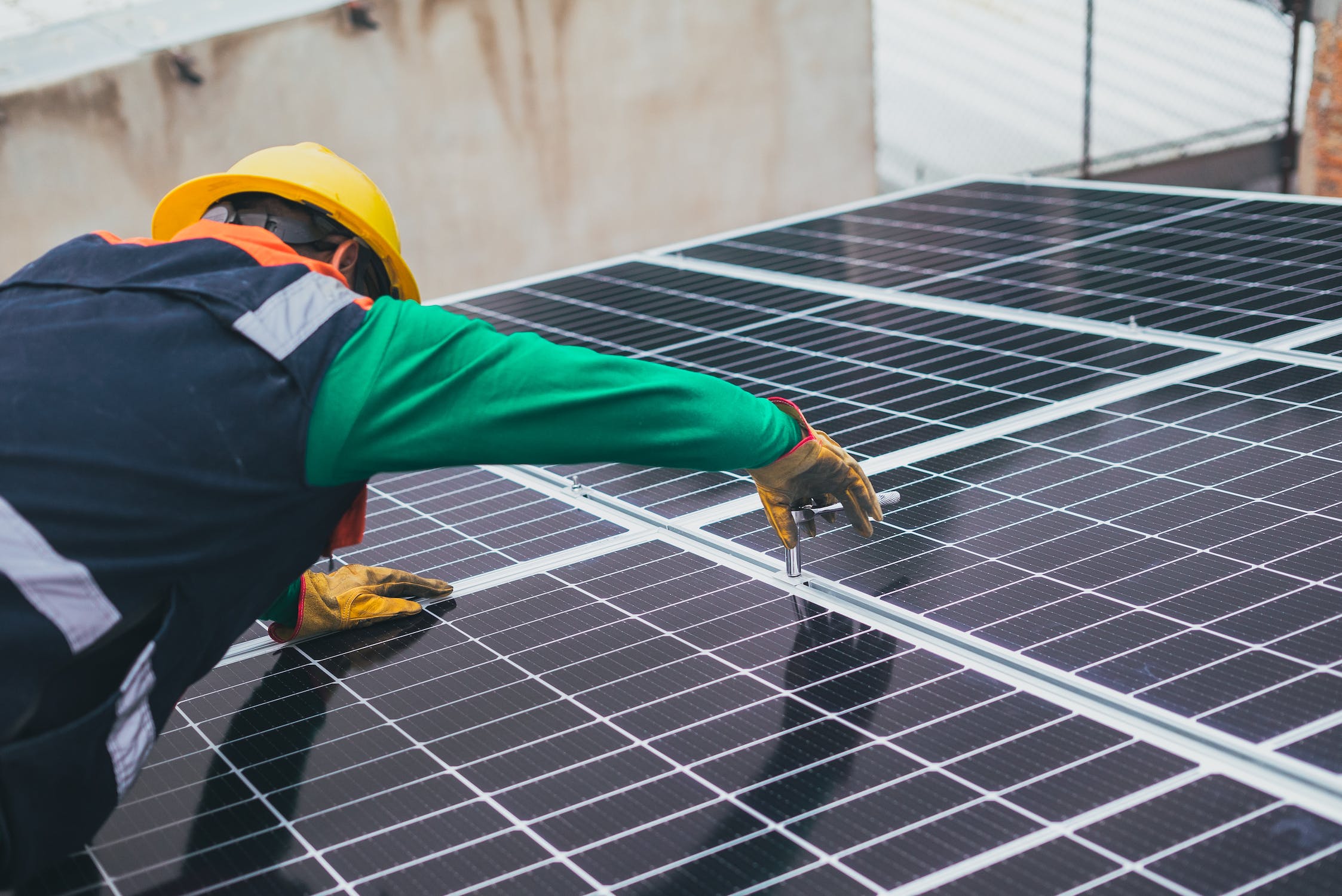CMA Report Reveals Challenges Faced by Consumers in Buying Green Home Heating Technologies

A report released by the Competition and Markets Authority (CMA) sheds light on the difficulties encountered by individuals seeking to purchase eco-friendly home heating technologies, including solar panels and heat pumps.
While the UK government aims to achieve net-zero emissions by 2050, widespread adoption of insulation and low carbon heating products becomes crucial. When implemented correctly, these solutions can not only contribute to environmental preservation but also lead to reduced energy bills.
However, the CMA's findings underscore the complexities involved and the lack of adequate information, raising concerns about consumer treatment and potentially misleading sales practices within the industry. Addressing these challenges is vital to accelerate progress towards the net-zero target.
Key Concerns Highlighted by the CMA's Report: The CMA's comprehensive analysis has identified three primary areas of concern that affect consumers in the green heating sector:
1. Limited and Complex Information:
Accessing comprehensive and easily understandable information about green heating products proves challenging for many consumers. The lack of clear guidance often results in confusion and hampers the decision-making process. Overly complicated details can deter potential buyers or lead them to choose inappropriate systems for their homes, undermining the efficiency and effectiveness of the solutions.
2. Unfair Business Practices:
The CMA report reveals that some businesses engage in misleading claims regarding the cost savings and environmental benefits associated with their products. For instance, marketing boilers as 'Hydrogen-blend' or 'Hydrogen-ready' can mislead consumers into perceiving these products as more environmentally friendly, even though they emit the same amount of carbon emissions as standard gas boilers. This deceptive practice, known as greenwashing, creates misconceptions and inhibits progress towards achieving true sustainability.
3. Ineffective Quality Assurance Schemes:
The report emphasises that existing quality assurance schemes, which play a crucial role in the sector, vary in their effectiveness and levels of consumer protection. Multiple schemes with differing levels of robustness can cause confusion among consumers. Inadequate protection mechanisms may result in unequal safeguards, leaving some individuals more vulnerable if issues arise during or after the installation process.
Addressing Consumer Concerns and Ensuring Protection:
In response to these challenges, the CMA has published a comprehensive consumer guide to assist individuals interested in purchasing green heating and insulation products. This guide outlines essential considerations at each stage of the buying process while summarising consumer rights under existing protection laws. Additionally, the CMA has introduced a set of good practice principles for quality assurance schemes. Collaborating with scheme providers and governments across the UK, the CMA aims to implement these principles and enhance support for consumers in this sector, ensuring their better protection and peace of mind.
George Lusty, Senior Director for Consumer Protection at the CMA, emphasised the importance of instilling confidence among consumers and called for an end to misleading practices in the industry. The CMA intends to explore these concerns further, including the potential for enforcement actions to rectify the situation.
Looking Ahead:
Industry stakeholders, including businesses, trade bodies, and other key players, will engage with the CMA in response to the report's findings. The CMA plans to produce guidance for businesses, creating awareness of their legal responsibilities and promoting fair practices. Furthermore, the CMA will continue to investigate misleading claims, ensuring that appropriate actions are taken to rectify the situation. By addressing these challenges and enhancing consumer confidence, the sector can gain momentum and drive the adoption of green heating technologies, contributing significantly to the transition to a low-carbon future.